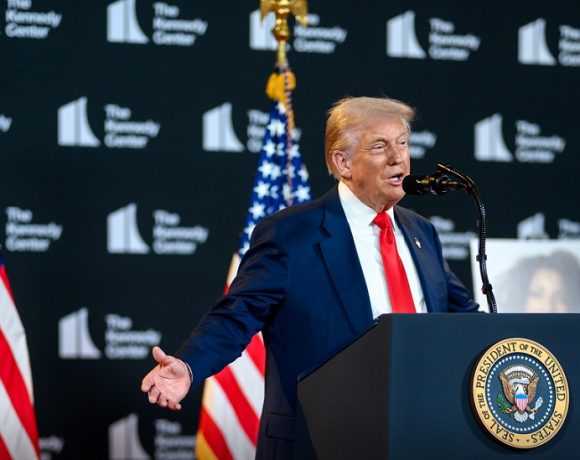
Foreign Investors Withdraw Nearly $1 Billion from Pakistan’s Treasury Bills
Pakistan has seen a substantial withdrawal of foreign investments from its treasury bills, with investors from the United Kingdom, United Arab Emirates, and the United States pulling out nearly $1 billion between July 1 and March 14 of the current fiscal year. The sharp exit comes amid growing concerns over the country’s economic stability and fiscal outlook.
Pakistan Treasury Bills See Massive Outflows
During the same period, total inflows into treasury bills stood at $1.163 billion, while outflows reached $1.121 billion, leaving a marginal net investment of just $42 million. This near-parity between inflows and outflows reflects mounting investor apprehension despite Pakistan offering some of the highest returns on government securities globally.
Foreign Investment Withdrawal by Key Nations
The United Kingdom, traditionally the largest foreign investor in Pakistan’s treasury instruments, invested $710 million this fiscal year but withdrew $625 million. The UAE followed with an outflow of $205 million, and the United States pulled out $130 million. The magnitude of these withdrawals points to a clear lack of confidence among international investors in Pakistan’s current economic management.
Investor Sentiment Dampened by Political and Economic Instability
Despite competitive yields, global investors appear hesitant to maintain exposure to Pakistan’s economy due to persistent political volatility, sluggish growth, and a lack of credible economic reforms. Financial experts suggest that the instability surrounding policy direction and governance continues to be a deterrent for foreign capital.
External Debt and Limited Financing Options
Adding to the strain, Pakistan faces an external debt servicing burden of approximately $25 billion annually. With diminishing access to international capital markets and constraints on issuing new bonds or securing commercial loans, the country remains heavily reliant on assistance from allies and multilateral institutions.
The government is reportedly in active talks with the International Monetary Fund for ongoing support and is also seeking debt rescheduling arrangements with countries like China, Saudi Arabia, and the UAE to ease immediate fiscal pressures.
This sharp decline in foreign investment in treasury bills underscores the challenges confronting Pakistan’s economic planners. Without restoring investor confidence and improving macroeconomic indicators, the country may continue to struggle in attracting and retaining much-needed capital.


















